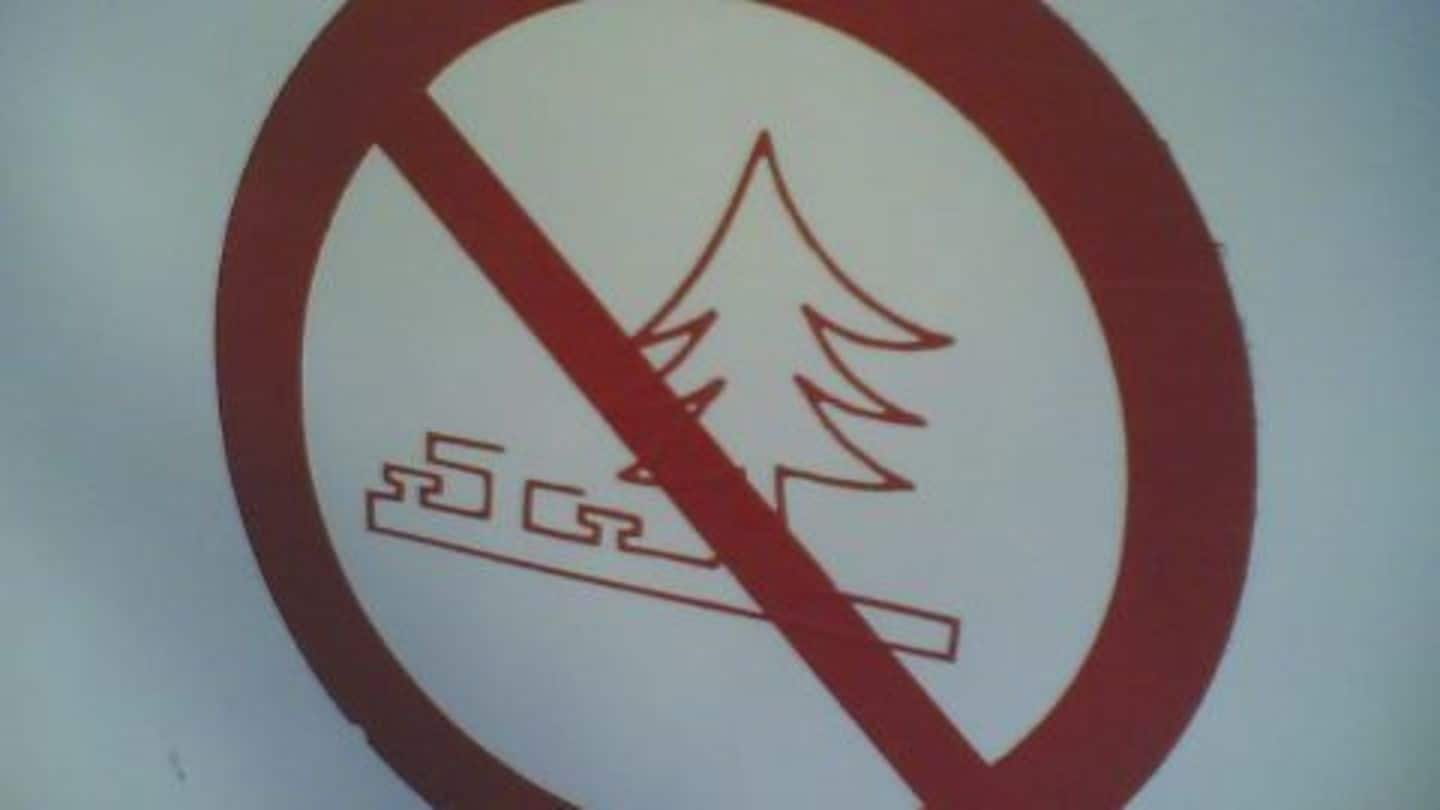
Brunei bans Christmas
What's the story
The Sultan of Brunei has imposed a ban on public celebrations of Christmas in the tiny, oil-rich Monarchy. Brunei's Ministry of Religious Affairs stated that any Muslim who celebrates Christmas could face a fine of $15,000 and up to five years imprisonment as punishment. However, Christians are allowed to celebrate the festival as long as it is not "disclosed or displayed publicly to Muslims."
Introduction
People, Society and Economy
Brunei Darussalam lies on the northern coast of the island of Borneo adjoining the South China Sea. Brunei has a population of approximately 430,000, of which 78% are Muslims, 9% Christians, 8% Buddhists and 5% follow other religions. Oil and Natural gas exports contribute 90% of the country's $33 billion GDP. Brunei has one of the highest per capita GDP in the world.
History
British occupation and a Monarchy
After WW2, Brunei was occupied by the British who handled its defence and foreign affairs, while governance was left to Sultan Omar Ali Saifuddin. In 1967, Sultan Hassanal Bolkiah, currently in power, succeeded Omar Saifuddin. In 1984, Brunei won Independence from Britain and was established as a Malay Muslim Monarchy. In December 2014, Brunei became the first East-Asian country to adopt Sharia law.
Sultan
Sultan Hassanal Bolkiah
Sultan Hassanal Bolkiah was born in 1946 and is the current ruler of Brunei. He studied at the UK's Royal Military Academy and is known for his opulent lifestyle. According to Forbes, he is the fourth 'Richest Royal' in the world with an estimated net worth of $20 billion. He has five sons and eight daughters from three wives, two of whom, he divorced.
Information
Largest residence of a head of state
Spread across 2,00,000 square meters, the Istana Nurul Iman Palace has 1,788 rooms, five swimming pools, a 110-car garage, a banquet hall that accommodates 5,000 guests and a mosque accommodating 1,500 people.
Policies
Sharia law and tight media controls
The media in Brunei is monitored by the government owned broadcaster, Radio-Television Brunei. Broadcasts are strictly controlled and televising images of dogs, pigs, women in "questionable" attire, Israel-Palestine conflict and the church are banned. Sharia law was introduced to be phased in from 2014, with severe punishments, including amputation of limbs for theft, stoning for adultery, and flogging for alcohol consumption, abortion and homosexuality.
Flipside
An Islamic state with liberal ideologies
Unlike Arab Monarchies, women in Brunei are not under compulsion to wear head-scarves. Brunei's citizens pay no taxes and the government provides for all medical services and free education through to the university level. Although public consumption of alcohol is banned, foreigners are allowed to import and consume alcohol. The Sultan has not fully implemented Sharia law, even though it was adopted in 2014.
Justification
Why did the Sultan ban Christmas?
Brunei's Ministry of Religious Affairs stated that celebrating Christmas would damage the faith and beliefs of the Muslim community in Brunei. They added that "Islamic values and culture should be preserved and not diluted" by following other beliefs, especially because Brunei was a Malay Muslim Monarchy with Sharia laws. Previously in 2014,the Ministry had banned the display of Christmas decorations in shops and businesses.
Reactions
#myTreedom and ban sympathisers
The #myTreedom, which trends in Iran, Saudi-Arabia and other monarchies who impose restrictions on celebrations now has several contributions from Brunei's citizens, putting up pictures of Christmas celebrations in protest. Following the announcement, Somalia's government also issued a ban on Christmas celebrations. An orthodox Jewish cleric, Benzi Gopstein called for a similar ban on celebrations in Israel, shortly after the announcement by Brunei.